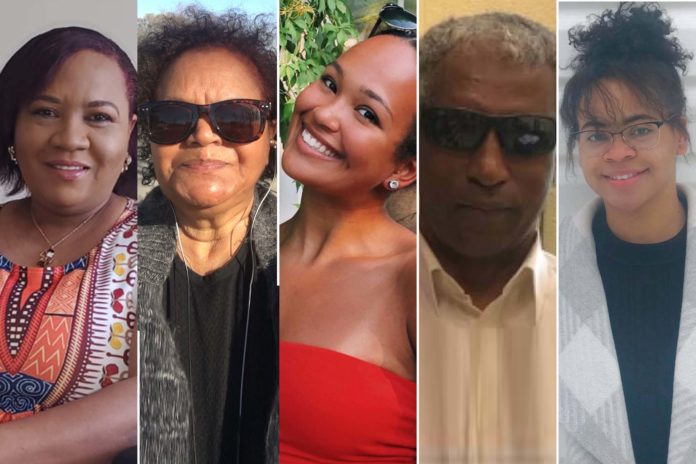

Dorcas Tshimenga sat on-screen surrounded by a group of panelists in an annual Black History Month discussion. The Walking While Black panel was organized by the St. Thomas University Black Student Association and was hosted on Feb. 17 at 1 p.m.
The digital event was monitored and hosted by STU alum, Tshimenga, and was open to the public through online registration.
The panel discussion is a tradition of the STU Black Student Association and brings attention to the daily battles of the Black community.
“What affects the Black community affects everyone,” said Tshimenga.
Over a one-hour period, the panelists discussed microaggressions, the 2020 Black Lives Matter movement and intersectionality.
Microaggressions are defined as “indirect, subtle or unintentional discrimination against members of a marginalized group.”
The panelists vary in ages, experience and upbringings and offered vastly different personal experiences they faced with microaggressions.
Olivia Rowinski is a bi-racial, third-year University of New Brunswick student. She was raised in a white community where her teachers often called on her to talk about her “culture and history” during Black History Month when Rowinski herself had yet to learn much on the topic.
“It’s only in recent years that I’ve become aware [of] my identity as a young Black woman,” said Rowinksi.
Fikru Gebrekidan is a STU history professor who faces discrimination for being Black, blind and an immigrant all at once. He explained how he began cutting his own hair when Fredericton had no barbershops for Black people at the time and he felt unwelcomed and uncomfortable when attending other hair salons.
“Microaggression, as we know, is not just an everyday reality. It’s an every second reality,” said Gebrekidan.
UNB professor Alicia Noriega-Mundoroy only started labelling herself as Black once she moved to Canada from the Caribbean. She described the sense of being the “other” after she moved and how degrading it was that she had to constantly prove herself in a place where people weren’t expecting “people like her” to succeed.
Mary McCarthy-Brandt, a critical race theorist and anti-racism educator, said regardless of how she acts, she is confined to harmful stereotypes for the Black community. If she is silent when faced with a microaggression, she is allowing the speaker to remain ignorant, but if she speaks up, she will be marked as an “angry Black woman.”
“To walk and live our Black lives is to walk and navigate the microaggressions set upon us,” she said.
